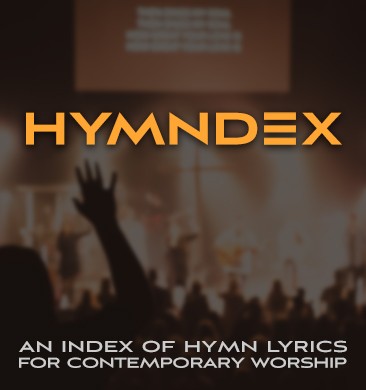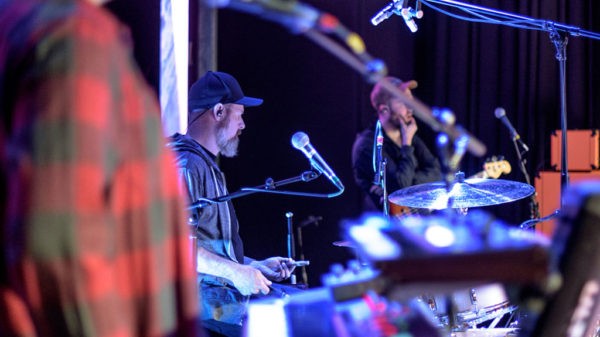If you serve on a worship team at your church, chances are you look to someone to guide the band through those Sunday morning services. Someone who tells you when to transition between songs, calls out the chord changes, and keeps everything running smoothly. That person is your music director, and they have a crucial (and often underappreciated!) role.
But what exactly does an worship band MD do week in and week out? What are the key duties and skills that make them so valuable? We’ll break down exactly what you need to know.
First Things First: What Gear Do You Need?
Before we dive into the responsibilities, let’s cover some basic equipment that makes directing a band even possible:
- In-ear monitors – Essential for everyone to hear directions without bleed into the main speakers
- Click/backing tracks – Keeps everyone locked in time wise
- Talkback mic – Allows the MD to speak just to the band, not the whole congregation
Cover those bases with your tech team, then you’ll be set up for success.
Directing the Band From Start to Finish
Once you go live, the MD role shines. They’re essentially the “voice” of the band – guiding transitions, calling chord changes, initiating solos – you name it. Think of them as your on-stage assistant keeping everything glued together.
Some key directing duties include:
- Calling out song sections – “Chorus coming up…”
- Looping sections – “We’ll do another 4 bars here…”
- Cueing solos/instrumentals – “Alright keys, take it!”
- Guiding key shifts – “We’re going to G next…”
It takes solid musicianship and attentiveness to handle all those in-the-moment calls. An MD has to have great familiarity with the songs and sensitivity to the flow of worship.
Get Your Tech Ducks in a Row
Since worship bands rely so heavily on technology like tracks, clicks, loops, etc., the MD usually shoulders the responsibility of managing that as well. Applications like Ableton Live are perfect for handling all those elements.
So beyond musicianship, you’ll also want your MD to have some audio tech know-how to:
- Build Ableton sessions for each song
- Automate tempo changes
- Assign track outputs for mixing
- Bounce parts for rehearsals
Organization is Crucial
Of course, all that Sunday directing requires tons of prep work during the week. An organized, detail-oriented MD will make sure the team stays on top of everything with:
- Chord charts printed and marked up
- Rehearsal walkthroughs and notes
- Consistent communication via Planning Center or a band app
- Reviewing song arrangements and transitions
- Doing their part sets up the whole team for an easier time leading worship.
Bottome Line: A talented worship music director combines strong musicianship, technical skills, organization, communication, and leadership. Their directing holds the musical component together week after week. It’s a role with lots of moving pieces but huge impact. So if you’ve got an MD on your team, make sure to show some love!









